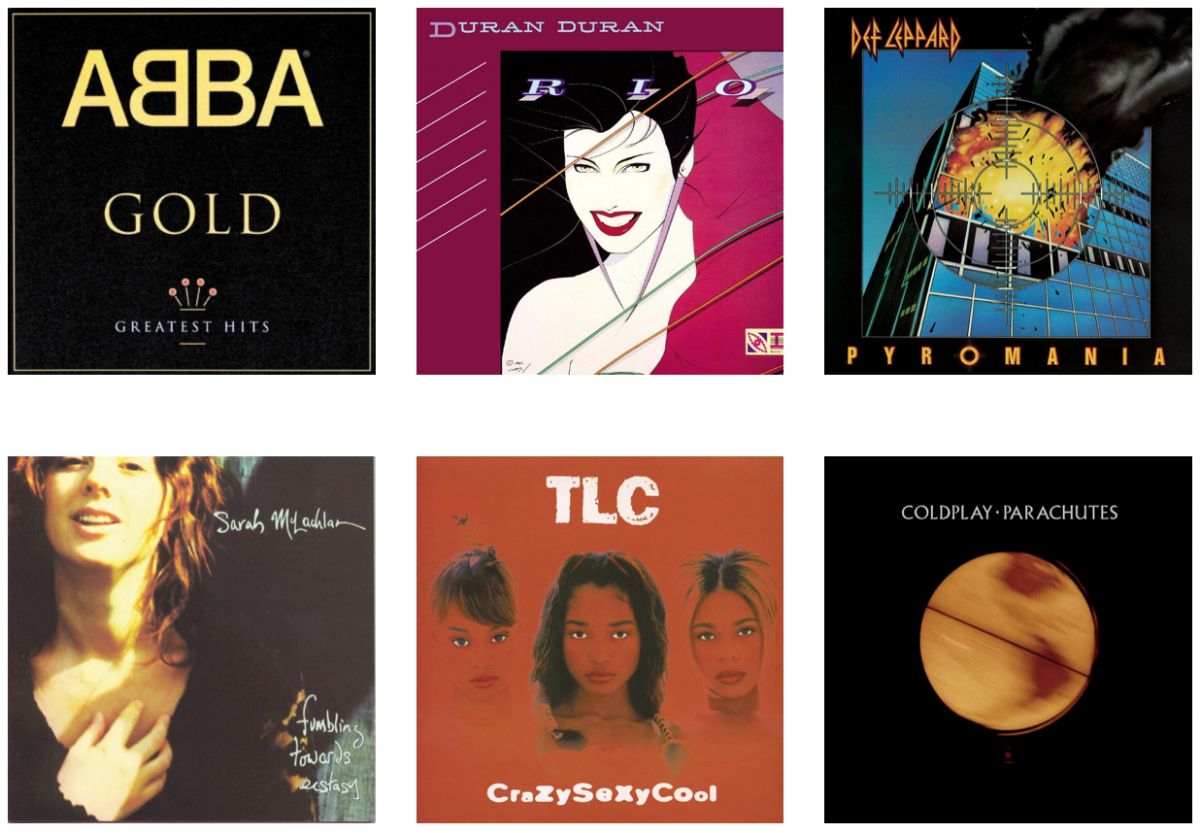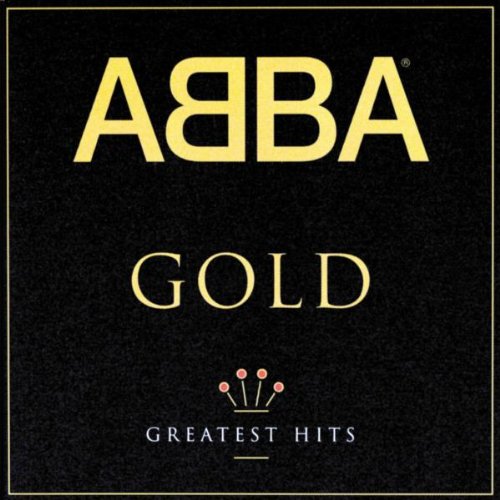
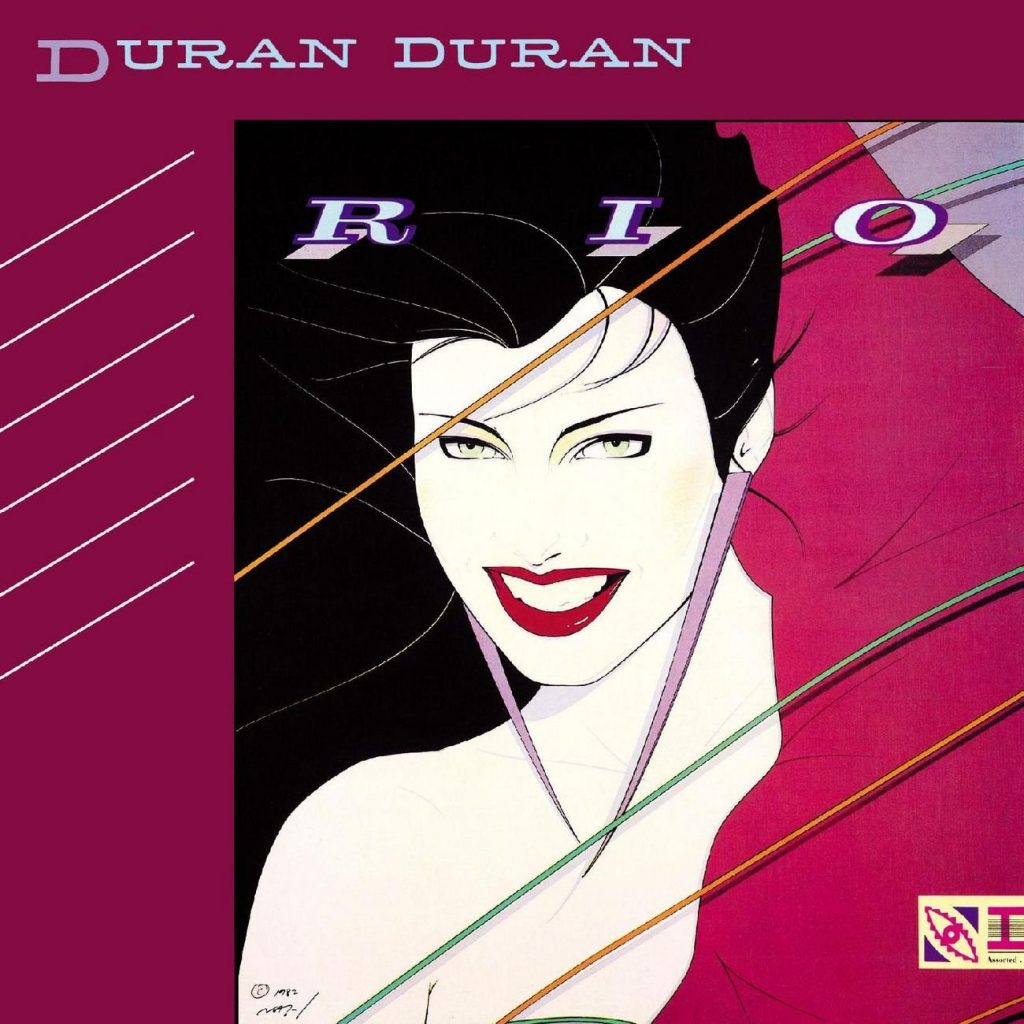
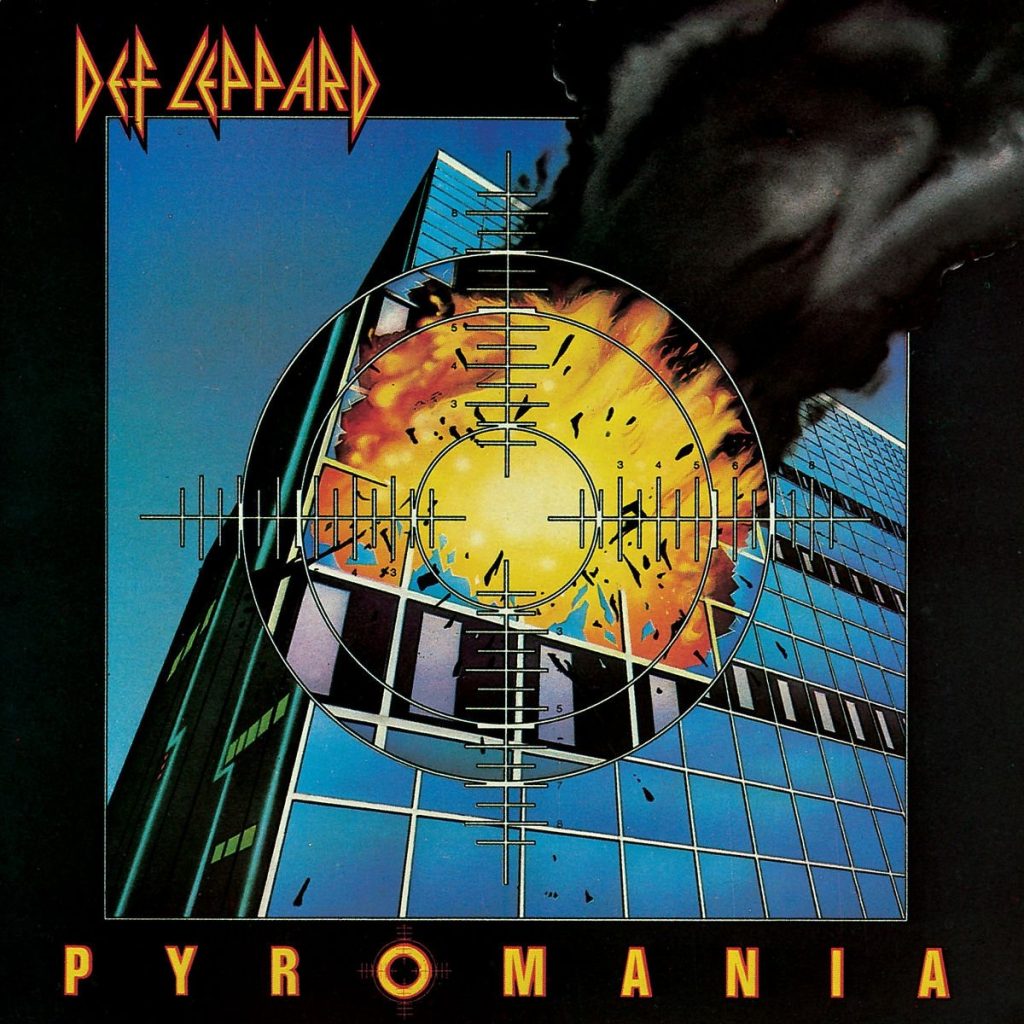
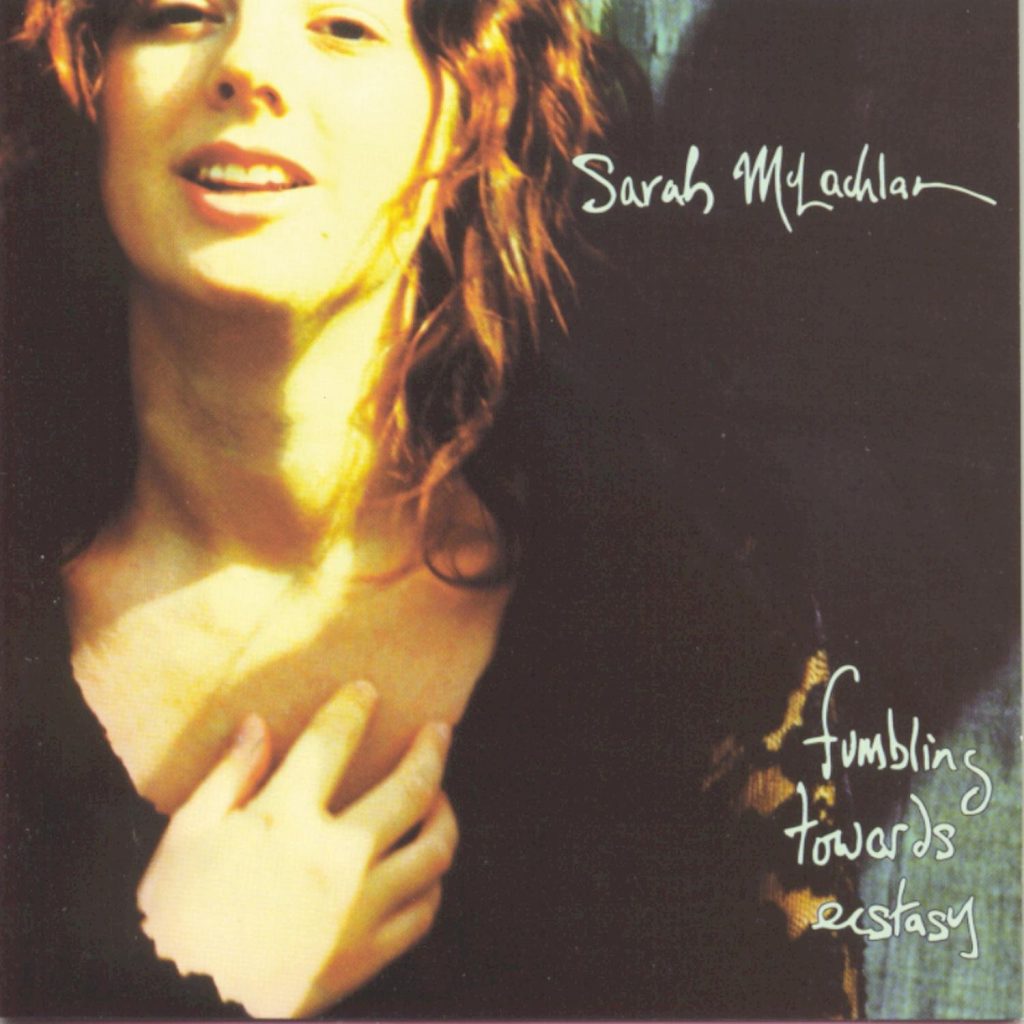
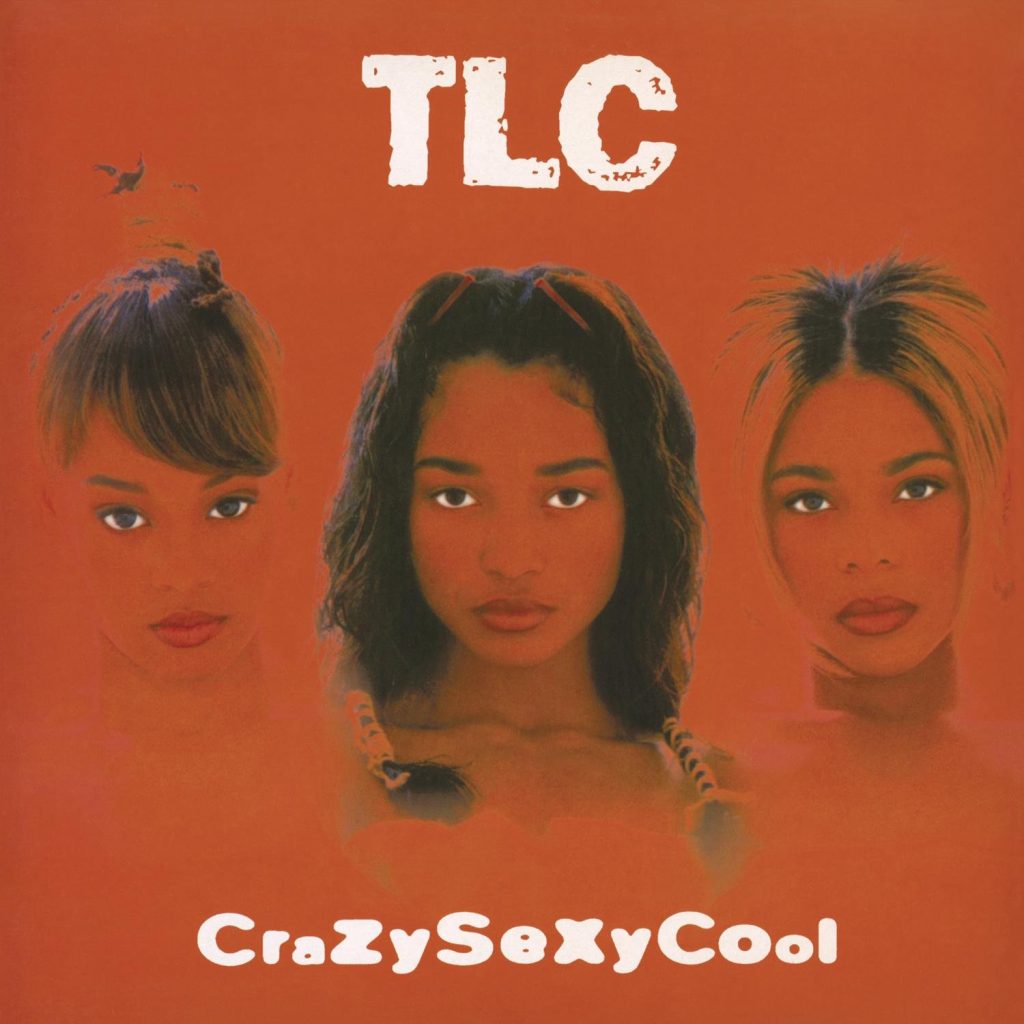
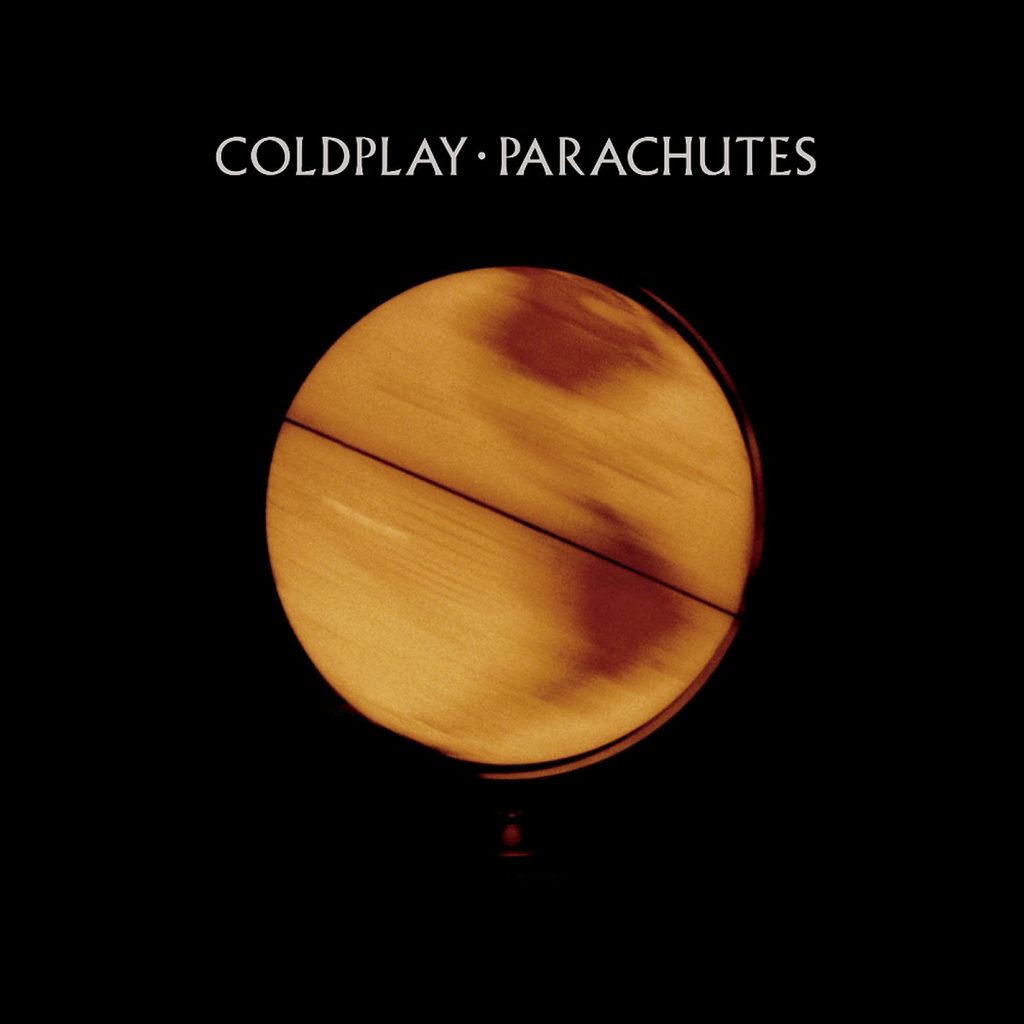
Chomping your way through a Big Grab of Doritos. Compulsive viewing of The OC. A deep, abiding love of chick lit. These are the guilty pleasures we take pains to keep secret, the embarrassing little indulgences to which we treat ourselves when we think no one is paying attention. Music is no exception: For all of your carefully selected stacks of rare vinyl or devotion to Sonic Youth’s obscure Japanese imports, you also have to admit you own a copy of Rush’s Moving Pictures. The following represent the best of rock and pop’s guilty pleasures from the last three decades—not in that hipster, irony-laced, sure-I-dig-Neil-Diamond kind of way, but albums that stubbornly remain in rotation despite all critical evidence suggesting otherwise.
ABBA Gold: Greatest Hits (Polygram)
Long before American Idol, there was the Eurovision Song Contest, in which participating European countries each choose a band to perform a song on live television; the winner is declared via popular vote. Sweden’s ABBA—Benny Andersson, Björn Ulvaeus and their then-girlfriends Agnetha Fältskog and Anni-Frid Lyngstad (their combined first initials gave the group its name)—won in 1974 with “Waterloo,” a bouncy English-language pop number. “Waterloo” and 18 other disco classics are featured on this 1992 compilation. Shotgunning through “Take A Chance On Me,” “S.O.S.” and “Fernando,” ABBA’s greatest tracks throb with the heartache of the Fleetwood Mac-style relationship drama that eventually ended the group’s run in 1982, after both couples divorced. Guilt Trip: ABBA’s crowning contribution to the Guilty Pleasures Hall of Fame is “Dancing Queen,” whose portrait of a glittery underage nightlife diva has taken on an entirely different meaning in the ‘00s.
DURAN DURAN Rio (Capitol)
At the dawn of the Big ’80s, the punk movement yielded to a school of rock more influenced by hairdressers and dance grooves than the Stooges. Enter the New Romantics, a wave of English trendiness led by fey pop stylists ABC, Human League and Birmingham’s Duran Duran. 1982’s Rio is a perfectly realized synthesis of Duran Duran’s self-proclaimed “Sex Pistols meets Chic” punk/funk hybrid. But beneath the obvious boy-band comparisons was a talent for songcraft. You can hear moments of Roxy Music’s drama-laden shadowplay throughout (especially on sinister closer “The Chauffeur”), while the Taylors (bassist/heartthrob John, drummer Roger and guitarist Andy—all unrelated) laid down an aggressively grooving foundation over which vocalist Simon Le Bon and keyboardist Nick Rhodes dropped candy-coated bits of melody and insouciant jet-set attitude. Guilt Trip: Although Rio’s Patrick Nagel-designed cover speaks more definitively to its era than reruns of Miami Vice, it’s “Hungry Like The Wolf” that emerges as the album’s guiltiest pleasure of all. “Mouth is alive with juices like wine,” indeed.
DEF LEPPARD Pyromania (Mercury)
Punk wasn’t the only revolution brewing in the pop-culture beaker circa 1977. The so-called New Wave of British Heavy Metal (Motörhead, Iron Maiden) also began during this time, a consequence of the decline of U.K. acts such as Led Zeppelin and Black Sabbath. Def Leppard hailed from the industrial environs of Sheffield and bore a pronounced pop sensibility, given to glam posturing and airbrushed sonics. 1983’s Pyromania, the quintet’s third LP, unwittingly served as the nexus of the ’80s pop-metal movement. Robert John “Mutt” Lange’s layered, vacuum-packed production provided the template for the hair-metal masses that followed, and “Too Late For Love,” “Foolin’” and “Photograph” had just enough sugar poured over them to sell 10 million copies of the album. Before the Behind The Music-style car accidents (one of which cost drummer Rick Allen his arm) and overdoses (the last of which cost guitarist Steve Clark his life), there was Pyromania, one of the biggest, most anthemic albums of an era marked by huge, anthemic albums. Guilt Trip: The source of rock video’s most enduring visual clichés (Marilyn Monroe idolatry, big-haired girls dancing in cages, its storyline ripped “straight from the headlines,” etc.), what’s not to love about MTV staple “Photograph”?
SARAH MCLACHLAN Fumbling Towards Ecstasy (Arista)
Lilith Fair—rock’s first all-female festival tour, which reached two million fans and raised more than $7 million for charity during its 1997-1999 run—was the brainchild of Vancouver singer/songwriter Sarah McLachlan. 1993’s Fumbling Towards Ecstasy is the record that put her in the position to command such popular attention. On her third LP, McLachlan mixed what she already did well (sensitive-soul songwriting, odes to fellow female sufferers) with electronic textures and an altogether darker outlook. For better or worse, McLachlan’s breakthrough release paved a path for the Natalie Imbruglias and Fiona Apples of the world. McLachlan has sold more than 30 million records and was named an Officer of the Order of Canada for her charitable work; Run-DMC’s Darryl McDaniels cited her 1997 song “Angel” as the reason he abandoned a suicide attempt. Guilt Trip: McLachlan’s fixation with fellow Canadian Joni Mitchell is best exemplified by “Ice Cream,” which compares the pleasures of true love with the dessert that made Baskin-Robbins famous.
TLC CrazySexyCool (LaFace)
Rehab stints. Management lawsuits and subsequent bankruptcy filings. Arson charges stemming from burning down the house of a pro-athlete fiancé. Internecine feuds that spilled into public view via a heavily publicized “challenge” in which group members would issue concurrent solo albums and let retail sales determine who had ultimately “won.” And, tragically, a fatal car accident in the jungles of Honduras that ended the Atlanta trio’s future plans. These were the lives and times of TLC: Tionne “T-Boz” Watkins, Rozonda “Chilli” Thomas and the late Lisa “Left Eye” Lopes. 1994’s mega-platinum CrazySexyCool flaunts all the hallmarks of what made TLC great: razor-sharp songwriting smoothed out on the R&B tip (ubiquitous hit “Waterfalls” features Watkins’ gravel-throated purr and a Lopes rap) and quiet-storm erotica that promoted TLC’s safe-sex agenda but didn’t miss any opportunities to let the fellas know who was boss (“Diggin’ On You,” “Red Light Special”). Guilt Trip: “If I Was Your Girlfriend,” a Prince cover stripped of its original psychosexual context, is CrazySexyCool’s one true moment of funky perfection.
COLDPLAY Parachutes (Reprise)
“You know how I know you’re gay? You like Coldplay.” With this line, The 40-Year-Old Virgin name-dropped the guiltiest pleasure of the past decade. Coldplay’s piano-driven ballads are to the ’00s what Supertramp’s were to the ’70s. Frontman Chris Martin literally has it all: the fame, the fortune (more than 30 million albums sold), the Grammys (four of them), the hot-actress wife (Gwyneth Paltrow) and oddly named children (Apple and Moses). On the London quartet’s 2000 debut, Martin penned a series of textured, mid-tempo confections with memorable melodies and lyrics given to the sort of angst-ridden self-reflection that had long been the domain of the collegiate set. Sure, Parachutes sounds a bit Radiohead Lite and inspired a batch of less-talented bands to pile onto the sensitive-guy-with-a-grand-piano template (Keane, Aqualung, Five For Fighting, et al), but you probably own it. Guilt Trip: Contrary to urban legend, the subject of “Yellow” isn’t Martin’s ultra-blonde wife; it was inspired by a trip through the Yellow Pages.
—Corey duBrowa


